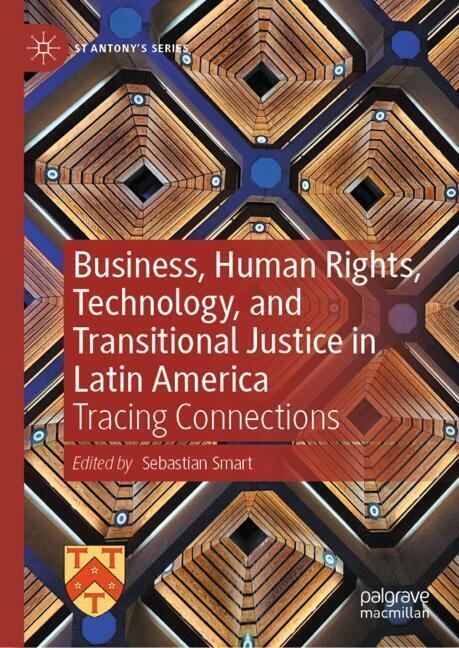
Zustellung: Fr, 10.10. - Do, 16.10.
Versand in 5 Wochen
VersandkostenfreiBestellen & in Filiale abholen:
This book offers theoretical arguments and empirical studies that demonstrate why focusing on the interrelations of technology and transitional justice from a business and human rights approach is crucial to achieve basic objectives in terms of truth, justice, memory, reparation, and non-repetition measures in post-conflict settings. This book elaborates a theoretical framework to analyze these topics and applies the framework through case studies to examine potential influence of technology in transitional justice mechanisms. In this sense, it contributes with information and legal, economic, political, and institutional arguments in the agenda that interrelate these three main topics.
Inhaltsverzeichnis
Chapter 1: Introduction: Transitional Justice in the Age of Surveillance Capitalism. - Chapter 2: Business Model-related Human Rights Risks: the Value of Looking Downstream. - Chapter 3: Challenges of global governance: digital technologies in post/conflict settings and implications for corporate responsibility to respect human rights. - Chapter 4: Truth. - Chapter 5: Justice. - Chapter 6: Reparations. - Chapter 7: Guarantees of non-repetition (GNR). - Chapter 8: Memory. - Chapter 9: Lessons from recent protest events in Latin America.
Produktdetails
Erscheinungsdatum
30. August 2025
Sprache
englisch
Untertitel
Tracing Connections.
XIII, 253 p. 1 illus.
Sprache: Englisch.
Seitenanzahl
253
Reihe
St Antony's Series
Herausgegeben von
Sebastian Smart
Illustrationen
XIII, 253 p. 1 illus.
Verlag/Hersteller
Produktart
gebunden
Abbildungen
XIII, 253 p. 1 illus.
ISBN
9783031898273
Entdecken Sie mehr
Bewertungen
0 Bewertungen
Es wurden noch keine Bewertungen abgegeben. Schreiben Sie die erste Bewertung zu "Business, Human Rights, Technology, and Transitional Justice in Latin America" und helfen Sie damit anderen bei der Kaufentscheidung.









